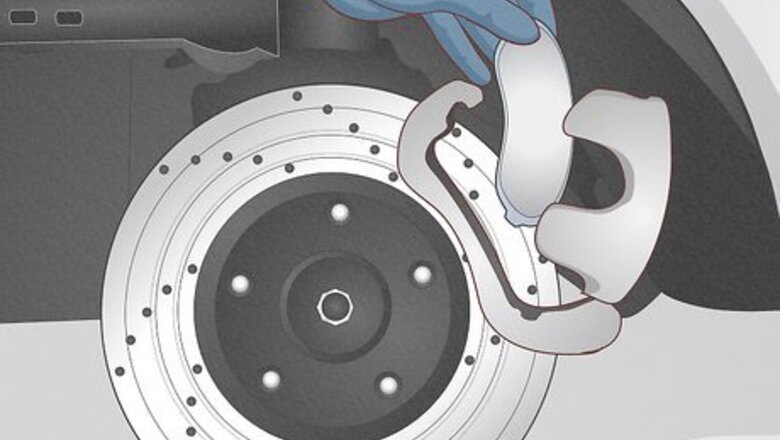
views
If your brakes start grinding after screeching…
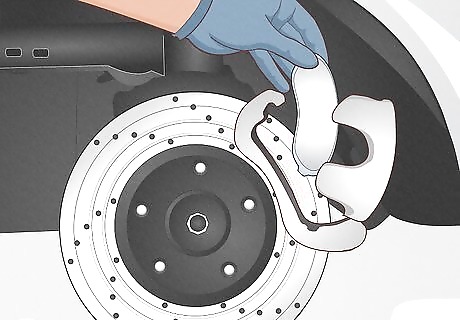
It’s a sign you need new brake pads. The high-pitched screeching noise is there on purpose—brake pads are supposed to make an obnoxious noise when they’ve worn down, kind of the same way your smoke detector chirps to let you know the batteries need to be changed. But if you’ve been ignoring that screeching (called “scrubbing”) and it suddenly turns into grinding, you really need new brake pads. You’ve worn the pads down to the caliper housing. How to Fix It: Go to a mechanic and get some new brake pads ASAP. The grinding noise indicates you’ve got only a few thin layers left on your brake pads. Brake pads naturally wear down over time and they’re meant to be swapped out every 30,000–45,000 miles (48,000–72,000 km), so if you’re due for a new set, this is almost 100% the cause of the noise. Expect to spend around $100-300 for each axle.
If your brakes start grinding with no screeching…
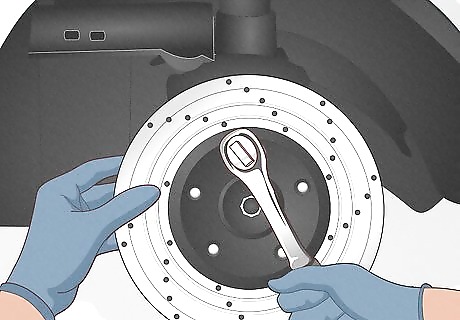
The brake calipers or discs need to be realigned. If you hear grinding when you press the brakes but there was never any screeching noise, it means either the calipers that hold the brake pads in place or the rotors the brake pads press against aren’t installed correctly. This is especially likely to be the case if you (or someone else) were just working on your brakes or tires. How to Fix It: See a mechanic to get your calipers and/or rotors replaced or adjusted. Each caliper and disc set will cost roughly $300-500 depending on the complexity of your brake’s design.
If your brakes grind while you’re at speed…
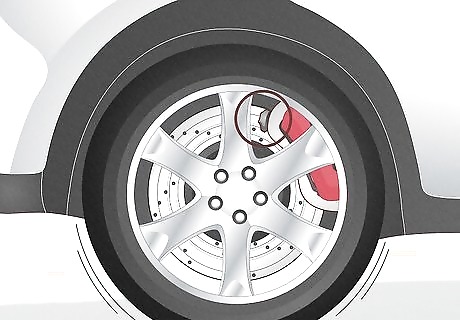
You’ve probably got rocks or pebbles stuck in the rotor. The rotors spin when your car moves, and when you press the brake, the calipers shift inward to press the brake pad against the rotor and slow it down. So, if you hear grinding when you aren’t braking, it’s a sign that something in between the rotor and the brake pad is causing noise. If it’s a grinding noise, you’ve probably got some small stones or gravel stuck in there. How to Fix It: Park your car and wait for the brakes to cool off. Then, grab a butter knife or some other thin object and run it between each caliper and rotor. If you find any blockages, knock them out and you should be good to go. If you do have to pay a mechanic for this one, it shouldn’t cost more than the shop’s minimum labor cost since they’re not actually repairing anything.
If your brakes grind when you slam on them…
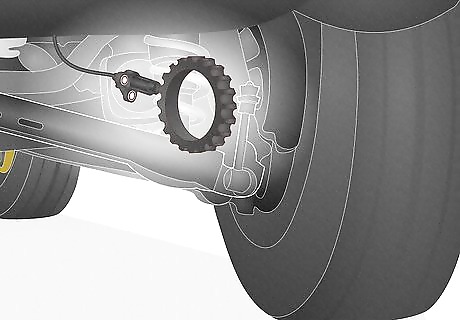
Your ABS system is working as intended. If you heard grinding and felt some odd stuttering when you slammed on the brakes to avoid an obstacle, don’t fret—there’s nothing wrong with your brakes. The automatic braking system (ABS) triggered to keep your car from skidding. It does this by repetitively pumping your brakes to help slow the car down in a controlled manner. At high speeds, this sounds (and often feels) like grinding. How to Fix It: Everything is working as intended. Just slow it down out there! If this happens regularly to you, it’s a pretty good sign that it’s time to start driving a little more responsibly. The ABS should only be kicking in on rare occasions when there’s extreme weather or acts of God on the road.
If the car hasn’t been driven in a while…
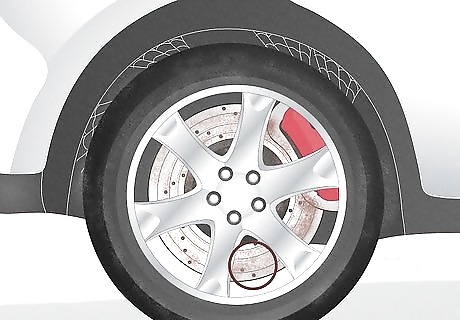
Your rotors are probably just rusty, but this is not a problem. Brake rotors these days are almost always made out of cast iron, steel, aluminum, or some combination of the three. That makes them relatively inexpensive and easy to manufacture. Unfortunately, it also means they’ll rust if you don’t drive often. This actually isn’t a huge deal so long as your brakes are responsive and working and the grinding goes away after a few trips. The rust will grind away and your rotors should go back to silent after a few trips. How to Fix It: If the grinding sound doesn’t go away but your brakes are still working as intended, see a mechanic and ask them to grind the rust off. Mechanics have a special cleaning tool for this. If the grinding doesn’t go away and your brakes aren’t functioning correctly (i.e. they’re slow to kick in or take too long to stop your vehicle), have a mechanic replace your rotors. If you need new rotors, you may need to spend $250-500 per rotor. If you only need to get the rust grinded off, it shouldn’t be more than $200-300 altogether.
If the grinding continues after replacing the brake pads…
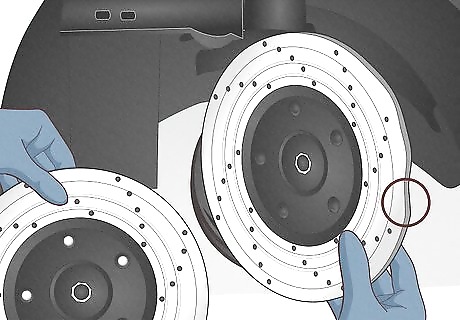
Go to the mechanic if the grinding won’t go away. Grinding that shouldn’t be there should almost always go away after you’ve replaced the pads or the rotors, so if the grinding keeps happening, it’s a sign there’s something else going on that needs to be addressed. It’s possible that you have: Faulty wheel bearings. The bearings connect your tires to the axles, so if one of the bearings has gone bad, it can cause all kinds of weird noises when you slow down. Poor lubrication. Most brake pads these days come pre-lubricated, but a handful of them need additional lubrication. If you or your mechanic missed this, you’ll need to re-lubricate them. Bad brake calibration. There are sensors that monitor your brakes and control the stopping power when you press the pedal. One of those sensors may need to be replaced. Warped rotors. If a rotor isn’t perfectly flat, it’ll grind against the caliper and brake pad at a strange angle and cause odd noises.














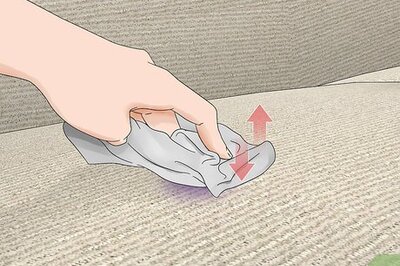

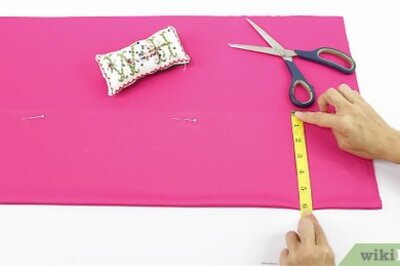
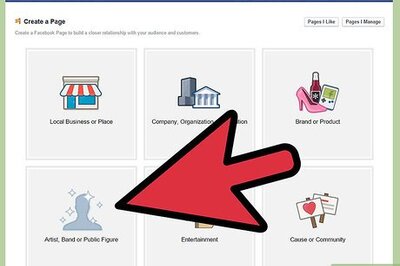
Comments
0 comment